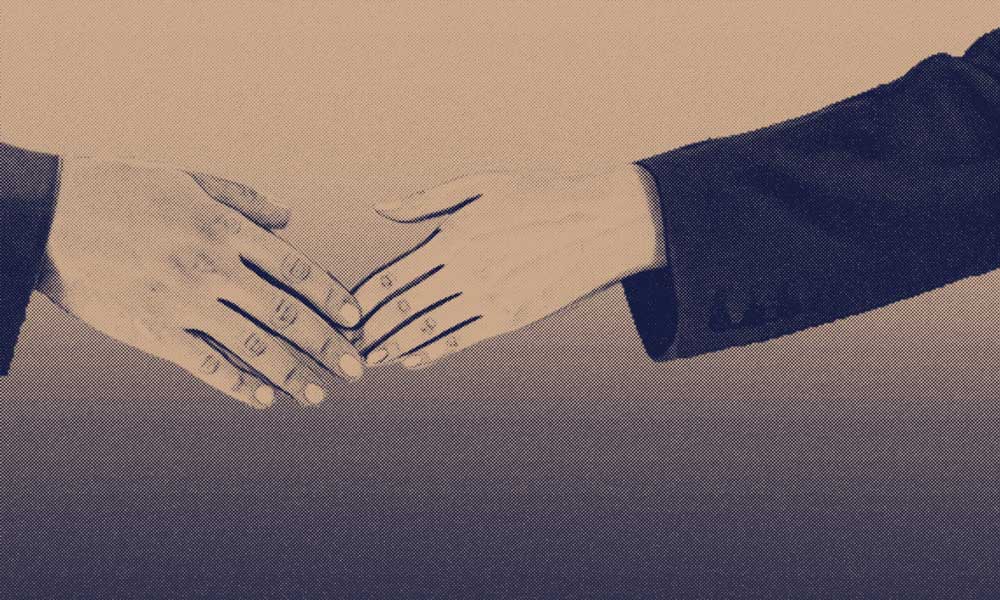
As I write this, dozens of hostages—living and dead—are still in horrific captivity in the hands of merciless terrorists, and IDF soldiers are still serving in record numbers in reserve units to defend the country against Iranian-inspired and financed enemies from Gaza, Lebanon, Syria and even faraway Yemen. While the second anniversary of October 7 is coming up, our war is still far from over.
But what is clear is that while our losses have been catastrophic, as a nation we have surprisingly also gained much over these years.
While we were not at war with our enemies on October 6, 2023, neither were we a country at peace. We were involved in a vicious and cold civil war that pitted us against each other: religious versus secular, land-for-peace leftists against right-wing “settlers.” Politics had become a blood sport, with the irrational hatred for Prime Minister Benjamin Netanyahu reaching heights that mercilessly divided communities and poisoned personal relationships and family gatherings.
We found each other again.
One incident in particular sticks out in my mind. A secular woman protester disrupted a public Kol Nidre prayer being held outdoors in Tel Aviv because she was unhappy with traditional sex-segregated seating. When that happened, a chill went down my spine. Was there nothing at all left that we all held sacred? It was the first time I wondered if Israel had a future. I prayed to God to help us heal.
Less than two weeks later, Hamas invaded.
While we have paid a horrible, inhuman price, it is undeniable that because of this war, we Israelis have become a very different people. Because it was in that war that we found each other again.
The land-for-peace narrative that had torn the country apart was finally buried, along with Shimon Peres’s New Middle East. Those who invaded and slaughtered were from the “Free Palestine” Gaza Strip, which had been judenrein for 20 years. They included Gazans who had been ferried to medical treatments in Israeli hospitals and given employment in industries and farms in the Gaza Envelope area along the border. Their senseless barbarism changed even the most resistant minds, providing solid proof that we were not involved in a land-based conflict, but a holy religious war with fanatics in whose twisted minds the only solution was our complete annihilation. For them, there would be no two-state solution, only one state, which they would call by the propaganda term invented by the KGB in the 1960s to help the PLO: Palestine, a country invented simply to culturally appropriate the historical rights of the Jewish people in their biblical homeland.
Moreover, with every part of Israel suddenly under bomb attack from Gaza, Iran, Yemen and Hezbollah, we all repented of our callous disregard for the decades-long pain of our fellow citizens in places like Sderot, forced to live in their bomb shelters under constant threat of Hamas rockets.
We were all Sderot now.
As for the war between religious and secular, it was hard to pursue when the disproportionate number of brave, first-line young soldiers dying in battle wore knitted skullcaps; when bands of brothers in battle units were religious, secular, Ethiopian, Yemenite, Moroccan, Russian, kibbutzniks and city dwellers. Even some Haredi soldiers participated for the first time in fledgling Haredi units like Netzach Yisrael, suffering many casualties.
I am not naïve enough to think Israelis are finally united and at peace with each other. The politicization of the hostage release drama is proof enough. The pointless demonstrations meant to undermine the Netanyahu government, which have continued at a higher and higher pitch, serve only to embolden Hamas intransigence and weaken our hand in negotiations, prolonging the agony of the hostages and their families.
But if there is one thing that still firmly unites the majority of Israelis—and will for the foreseeable future—it is our absolute determination that every Israeli citizen do their full share of army service. A reckoning is coming for the thousands of yeshiva students, in their cult-like communities governed by out-of-touch scholars who are protecting their little fiefdoms, the rest of the country be damned. Despite political machinations, I believe this is going to happen, because it is the will of the majority, religious and secular, who will not knuckle under.
No matter the progress of the war against our enemies, this October 7 Israel will face the enormous tasks of rehabilitating our injured soldiers and civilians and rebuilding our war-torn communities and institutions. I have no doubt we will do all of these things successfully, because never in our history have we Israelis been smarter, more realistic, more resilient. Having seen what our sons and daughters and grandchildren are capable of doing to protect their country, we have never been more hopeful about our future.
The worldwide scourge of antisemitism has only strengthened our belief in Theodor Herzl’s idea of returning to Zion to preserve and protect the Jewish people. And while we have sat waiting in bomb shelters for Iran’s 3,300-pound ballistic missiles to hit, our faith in the God of Israel has only deepened. Am Yisrael Chai.
Naomi Ragen is a novelist living in Zichron Yakov, Israel.


